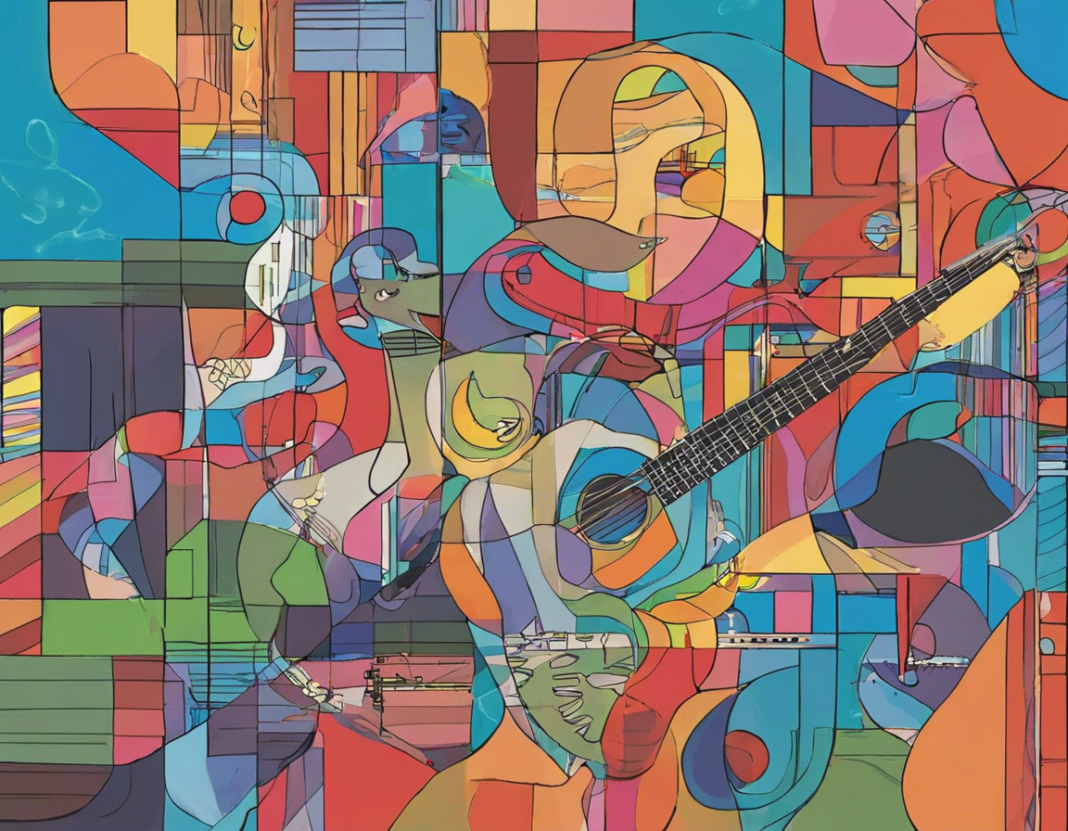Audio Streaming Services: How the Music Industry Has Evolved
The music industry has witnessed a significant transformation over the years, with the advent of digital technology and audio streaming services playing a key role in reshaping the way we consume music. In the past, music lovers had to purchase physical copies of albums or singles, while today, streaming platforms have made music more accessible than ever before. This shift in music consumption has had a profound impact on artists, record labels, and listeners alike.
The Rise of Audio Streaming Services
One of the most notable changes in the music industry has been the rise of audio streaming services such as Spotify, Apple Music, and Amazon Music. These platforms have revolutionized the way we listen to music by offering a vast library of songs that can be accessed instantly and on-demand. This has made it easier for listeners to discover new music, create personalized playlists, and enjoy their favorite tracks wherever they go.
Impact on Artists and Record Labels
While audio streaming services have made music more accessible to a global audience, they have also raised questions about artist compensation. In the past, artists relied heavily on album sales and royalties for their income. However, with the rise of streaming platforms, the revenue model has shifted, and artists now earn a fraction of a cent per stream. This has led to debates about fair compensation for musicians and how to ensure that they can make a sustainable living from their art.
The Future of the Music Industry
As technology continues to evolve, the music industry is likely to see further changes in the years to come. Artificial intelligence and machine learning are being used to personalize music recommendations, while virtual reality and augmented reality are offering new ways for artists to engage with their fans. Additionally, blockchain technology is being explored as a way to improve transparency and fairness in music licensing and royalties.
Frequently Asked Questions (FAQs)
-
How do audio streaming services work?
Audio streaming services use the internet to deliver music to listeners in real-time. Users can access a vast library of songs on-demand and create personalized playlists. -
Are artists fairly compensated on streaming platforms?
Artist compensation on streaming platforms has been a topic of debate, with many artists arguing that they are not adequately paid for their music. However, some platforms have introduced initiatives to increase royalties for musicians. -
What impact have audio streaming services had on record labels?
Record labels have had to adapt to the rise of streaming services by changing their business models and marketing strategies. Many labels now focus on securing placements on popular playlists to reach a wider audience. -
How have music consumption habits changed in the digital age?
The digital age has seen a shift towards on-demand music consumption, with listeners preferring to stream music online rather than purchase physical copies. This has led to a decline in album sales and a greater emphasis on singles and playlisting. -
What role does data analytics play in the music industry?
Data analytics play a crucial role in the music industry by helping artists and record labels understand listener preferences, trends, and behaviors. This data is used to inform marketing strategies, tour planning, and A&R decisions.
In conclusion, the music industry has undergone significant changes in recent years, thanks to the emergence of audio streaming services and digital technology. While these developments have made music more accessible and convenient for listeners, they have also posed challenges for artists and record labels in terms of fair compensation and sustainable business models. As the industry continues to evolve, it will be essential for all stakeholders to adapt to these changes and explore innovative ways to thrive in the digital age.

